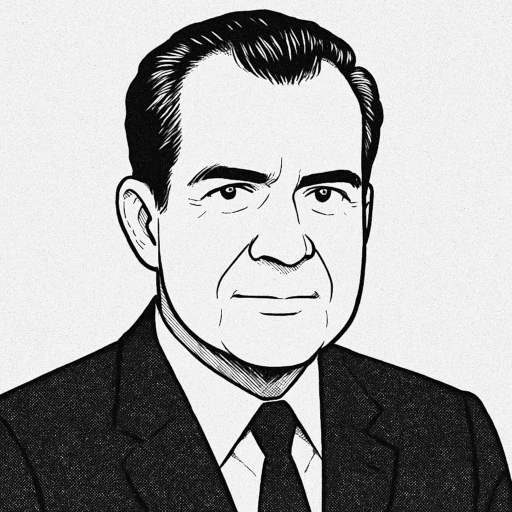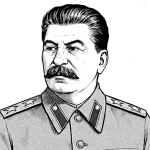“Castro couldn’t even go to the bathroom unless the Soviet Union put the nickel in the toilet.”

- January 9, 1913 – April 22, 1994
- American
- The 37th President of the United States, Lawyer, Politician
table of contents
Quote
“Castro couldn’t even go to the bathroom unless the Soviet Union put the nickel in the toilet.”
Explanation
This quote, delivered with biting sarcasm, reflects Richard Nixon’s view of Fidel Castro as a puppet of the Soviet Union, lacking true autonomy. The metaphor—“put the nickel in the toilet”—suggests that even Castro’s most basic functions were dependent on Soviet support, highlighting Cuba’s economic and political reliance on Moscow during the Cold War. Nixon uses humor to undermine Castro’s image as an independent revolutionary, portraying him instead as a client figurehead propped up by communist power.
The historical context centers on the intense U.S.-Cuba-Soviet tensions of the Cold War, particularly following the Cuban Missile Crisis of 1962 and Cuba’s increasing integration into the Soviet bloc. Nixon, a staunch anti-communist, viewed Castro not just as an ideological threat, but as a regional extension of Soviet influence in the Western Hemisphere. This quote aligns with Nixon’s broader Cold War rhetoric, which often sought to delegitimize Marxist regimes by framing them as economically unsustainable and politically subservient.
In modern terms, this quote exemplifies Cold War-era political rhetoric that blended ridicule with strategic messaging. While the language may be provocative or even undiplomatic by today’s standards, the underlying message about dependency and geopolitical influence remains relevant in discussions of proxy states, economic aid, and ideological alignment. Nixon’s words reflect the realpolitik lens through which he viewed international relations: power, leverage, and control—not just ideology—defined global alliances.
Would you like to share your impressions or related stories about this quote in the comments section?



